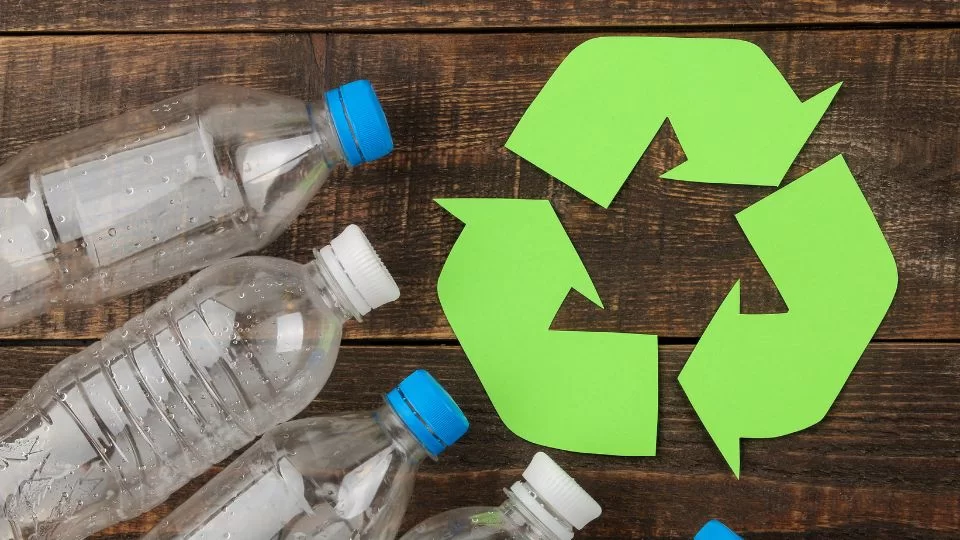Plastic or Planet: The Urgent Choice We Must Make
Plastic has become an integral part of our daily lives, but its impact on the planet is devastating. Among various plastic products, PET bottles are ubiquitous and pose significant environmental challenges. According to the Earth Day Network, approximately 1 million plastic bottles are bought every minute worldwide, with less than 50% being collected for recycling and only 7% turned into new bottles. This results in billions of bottles ending up in landfills, rivers, and oceans, causing severe environmental damage.
The Impact of PET Bottles on the Planet
PET bottles, made from polyethylene terephthalate, are lightweight, durable, and convenient. However, their environmental footprint is immense. The production of PET bottles involves significant energy consumption and greenhouse gas emissions. The Ellen MacArthur Foundation reports that plastic production accounts for 6% of global oil consumption, which could rise to 20% by 2050 if current trends continue. Additionally, PET bottles can take up to 450 years to decompose, contributing to long-term pollution.
Plastic pollution in oceans is particularly alarming. The Ocean Conservancy estimates that 8 million metric tons of plastic enter the oceans annually, with PET bottles being a major contributor. This pollution harms marine life, as animals ingest or become entangled in plastic debris. A study by the University of Exeter found that 90% of seabirds have plastic in their stomachs, which can lead to injury, starvation, and death.
Conserving the Planet: Efforts and Solutions
Humans have a crucial role in addressing the plastic crisis and conserving the planet. Here are some efforts and solutions:
Reduce, Reuse, Recycle: Adopting the three R's can significantly cut down plastic waste. Consumers should choose reusable bottles and containers, and support products made from recycled materials. Recycling programs need to be strengthened globally to ensure higher collection and recycling rates.
Legislation and Policies: Governments must implement stricter regulations on plastic production and waste management. Bans on single-use plastics, incentives for recycling, and extended producer responsibility (EPR) schemes can drive positive change. For instance, the European Union's Single-Use Plastics Directive aims to reduce the impact of certain plastic products on the environment.
Innovation and Alternatives: Investing in research and development of sustainable materials can offer alternatives to PET bottles. Biodegradable plastics, plant-based materials, and innovations in packaging design can reduce plastic dependency. Companies like Coca-Cola and Nestlé are exploring biodegradable bottles to minimize their environmental footprint.
Public Awareness and Education: Raising awareness about the impact of plastic pollution and encouraging sustainable practices are vital. Campaigns, educational programs, and community initiatives can empower individuals to make environmentally conscious choices. As environmentalist David Attenborough stated, "We need to move beyond guilt or blame and get on with the practical tasks at hand."
Corporate Responsibility: Corporations must take responsibility for their plastic usage and waste. Implementing sustainable practices, reducing plastic packaging, and participating in recycling initiatives are essential steps. The World Economic Forum's Global Plastic Action Partnership emphasizes the need for a collaborative effort among businesses, governments, and civil society.
Conclusion
The choice between plastic and the planet is clear. By reducing plastic consumption, supporting recycling efforts, and advocating for sustainable alternatives, we can mitigate the environmental impact of PET bottles and other plastics. It's a collective responsibility that requires urgent action to ensure a healthier, more sustainable future for our planet.
Essay: Plastic or Planet
Plastic pollution, particularly from PET bottles, poses a severe threat to the environment. Annually, 8 million metric tons of plastic enter oceans, harming marine life. Humans must reduce, reuse, and recycle plastic, support innovative alternatives, and raise public awareness to protect the planet and ensure a sustainable future.



